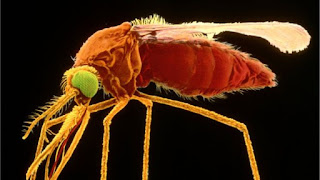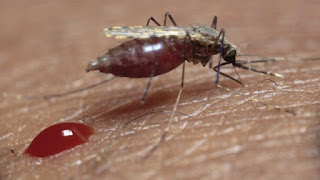Mosquitoes Can Learn To Avoid Pesticide After A Single Exposure.Mosquitoes can learn to avoid pesticide after a single non-lethal pesticide exposure, according to a study published Thursday in Nature, highlighting an overlooked challenge in fighting the spread of diseases and parasites like malaria, which has grown more widespread and severe due to Covid-19 healthcare disruptions.
Researchers studied two mosquito species that are common in tropical and subtropical areas around the world: Culex quinquefasciastus—which spreads avian malaria, Zika virus and West Nile virus—and Aedes aegypti—which spreads dengue fever and yellow fever.
Mosquitoes learned to associate the smell of pesticide with the negative effects of pesticide contact, and were willing to forgo blood-feeding to avoid landing in an area that smelled of pesticide, researchers said.
Mosquitoes have grown more resistant to pesticide in recent years, and researchers identified mosquito cognition as an overlooked factor in this change. However, new pesticide solutions could be developed with a delayed reaction, so that a mosquito that survives exposure will not learn to associate the smell of the pesticide with the negative experience, Frederic Tripet, director of the Centre for Applied Entomology and Parasitology at Keele University in the U.K., told ABC










